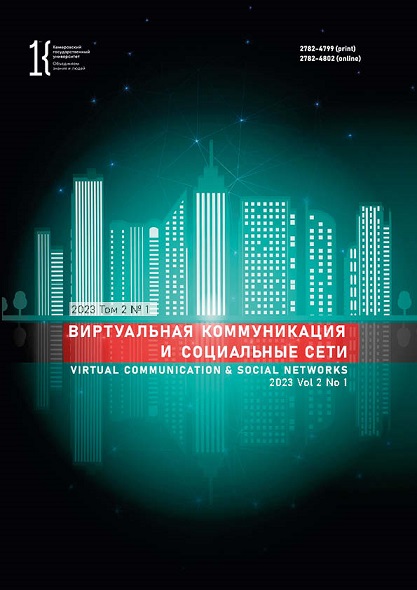Chita, Russian Federation
Chita, Russian Federation
The article introduces some data on the shortage of teachers in the Trans-Baikal Territory (Russia). The diagnostics was based on the professional standard for teachers and a self-assessment map, which included three blocks: upbringing, education, and developmental work. The obtained results provided a description of professional activities, for which teachers consider themselves more or less competent. The respondents gave themselves high scores for organizational skills, knowledge assessment, and developing children’s cognitive abilities and independence. However, they considered it difficult to introduce students to new information and communication technologies, develop their motivation for learning, implement novel interactive methods, provide a safe and psychologically comfortable environment, work with parents, etc. In general, the teachers assessed their professional activities in the digital environment as rather low and admit that they need appropriate assistance.
professional shortage, labor activities, digital environment
1. Aigunova O. A., Vachkova S. N., Remorenko I. M., Semyonov A. L., Timonova E.N. Evaluation of professional activity of a teacher in accordance with the professional standard of the teacher. Bulletin of the Moscow City Pedagogical University. Series: Pedagogy and psychology, 2017, 40 (2): 8-23. (In Russ.)
2. Altynnikova N. V., Muzaev A. A. Subject and methodological competencies in teachers: testing the unified federal evaluation tools. Psychological Science and Education, 2019, 24 (1): 31-41. (In Russ.) http://doi.org/10.17759/pse.2019240102
3. Gevorkyan E. N., Ioffe A. N., Shalashova M. M. Diagnostics of a teacher: from control measurement to the definition of deficits for professional growth. Pedagogy, 2020, (71): 74-86. (In Russ.)
4. Gutnik I. Yu. Designing an evaluation inventory for identifying teachers’ professionalism deficits in the context of transformation of contemporary education. Science for Education Today, 2021, 11 (4): 33-45. (In Russ.) http://doi.org/10.15293/2658-6762.2104.02
5. Ilyasov D. F., Selivanova E. A., Sevryukova A. A., Burov K. S. Methodological strategies for overcoming professional deficiencies of teachers interacting with "difficult" contingents of schoolchildren. Scientific Support of the System of Advanced Training of Personnel, 2020, 44 (3): 5-18. (In Russ.)
6. Nikiforova E. A., Petrova E. G., Shilova O. N. School digital educational environment and its impact on the students’ social attitudes. Continuing Education, 2021, 35 (1): 69-78. (In Russ.)
7. Petunin O. V. Teacher professional difficulties when implementing the Federal State Educational Standards for General Education. Modern Problems of Science and Education, 2016 (1). (In Russ.)
8. Plotnikova A. M. Criticism of professional incompetence expressed through language play. Ural Philological Bulletin. Series: Language. System. Personality: Linguistics of Creativity, 2016, (2): 192-198. (In Russ.)
9. Potemkina T. V. The problems of identifying professional teachers’ deficits when designing programs to improve the quality of education. Source, 2018, (1): 6-9. (In Russ.)
10. Sorokova M. G. Digital educational environment in university: who feels comfortable? Psychological Science and Education, 2020, 25 (2): 44-58 (In Russ.) http://doi.org/10.17759/pse.2020250204















